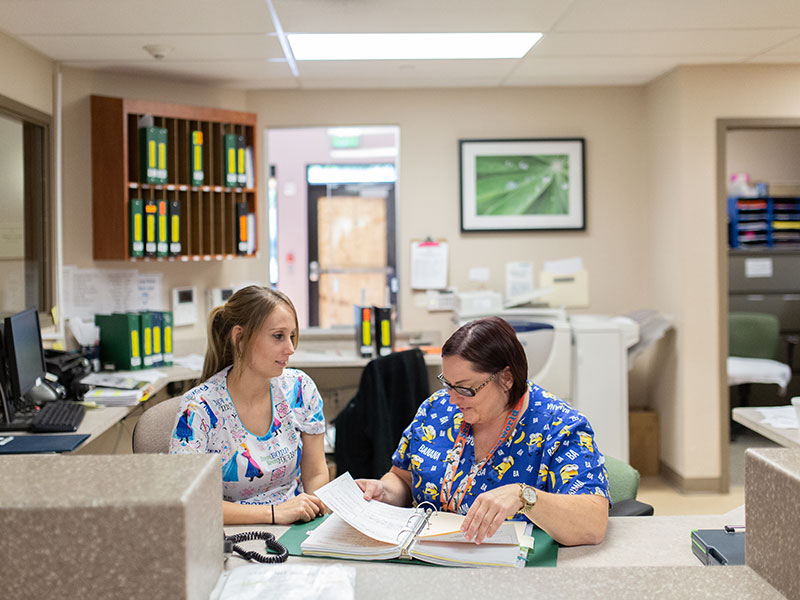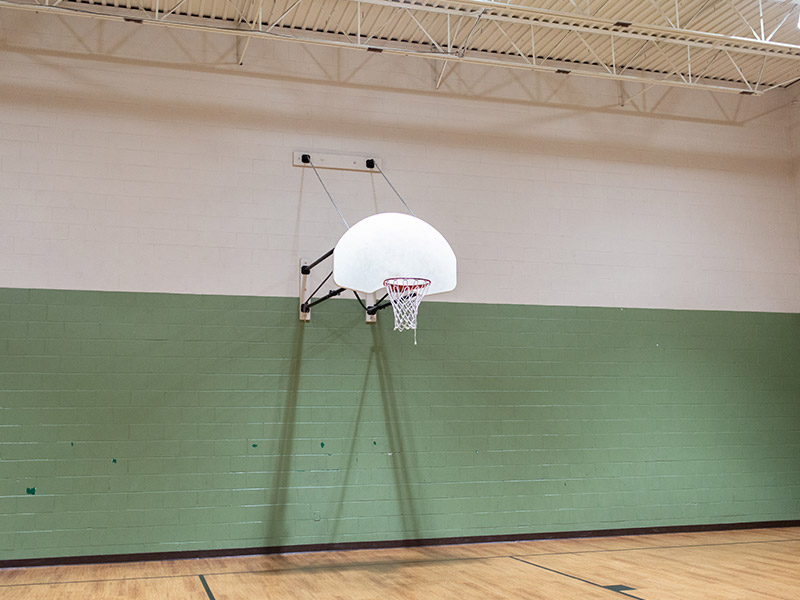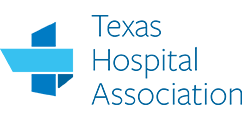Cedar Crest Hospital & Residential Treatment Center helps individuals who are struggling with co-occurring drug addiction find long-term recovery. Located in Belton, TX, Cedar Crest offers expert care for co-occurring drug addiction treatment.
Learn More About Co-occurring Drug Addiction Treatment
Learn more about co-occurring drug addiction treatment at Cedar Crest Hospital in Belton, TX
If you’re battling a co-occurring addiction to drugs, you may already understand the gravity of drug addiction. You may have lost touch with friends and family, dropped out of school, or got fired from your job, increasing social isolation. If you’re physically dependent on drugs, you may go into withdrawal if you try to stop using on your own. Withdrawal, in turn, can cause such unpleasant side effects that you find yourself using again just to make them stop. You may be broke and alone, terrified to keep using and fearful of stopping. Life may have become a cycle of using, recovering from drug abuse, and then chasing the next high. It’s time to stop running and start living.
At Cedar Crest, a hospital for substance abuse in Belton, we’ve had over 30 years of experience in treating children, teens, adults, and older adults who are struggling with mental health disorders or substance abuse. Our serene, welcoming campus is the ideal place for you to get clean and learn the skills you need to stay clean. At our alcohol and drug addiction treatment center, our commitment to you persists long after you’ve left our doors.
How to Help a Loved One
Helping a loved one get treatment for co-occurring drug addiction
Watching your loved one spiral into drug abuse and addiction is exhausting, stressful, and painful. You want to help your loved one into treatment but you may fear making the problem worse by bringing it up. Your emotions are all over the map – you’re happy on the good days and on the bad, you can’t describe the emotional turmoil. You live in a constant state of fear, worried that the next phone call will bring the news that your loved one has succumbed to his or her addiction to drugs once and for all. Here are some ways you can proactively guide your loved one into inpatient rehab for drug addiction:
Deal with your feelings: The emotions you face are tumultuous – anger, fear, sadness, guilt, shame – and you may not know how to come to grips with the idea that your loved one is, in fact, an addict. Take some time to share your feelings with a trusted friend or find a local therapist who can help you better understand addiction. Try attending a Nar-Anon (or Al-Anon) meeting, which can help you connect with others who love an addict.
Learn about addiction: Through your therapist and support group sessions, you’ll begin to form a picture of addiction and the effects it has on an addict. There are so many misconceptions about addiction and it’s time that you educate yourself about this complex brain disease, the way it makes an addict feel, and the position it puts you, the loved one, in. Attend an N.A. or A.A. meeting so that you can see what life is like for addicts in recovery.
Support, don’t judge: Sit down with your loved one and gently broach the topic of treatment. Reassure your loved one that you aren’t there to judge them and that you’ll stand by them through every step of the journey. Present options for treatment centers that specialize in addiction management so that you can ensure your loved one is provided the best care available.
Why Consider Treatment
Why consider treatment for co-occurring drug addiction at Cedar Crest Hospital & Residential Treatment Center in Belton, TX
If you’ve been an addict for a while, chances are that you’re fully aware of the problems addiction has caused in your life. Your partner may have left you, you may not be able to see your children, and you’re resorting to things you’d never considered to feed your addiction. You know that you want out, that you want to reclaim the parts of your life addiction have stolen from you, but you may be ashamed to ask for help. While addiction is a chronic, debilitating condition, with the right types of treatments and therapies, you can learn the skills you need to continue a life filled with happiness, sobriety, and freedom from your addiction.
Treatment for addiction can honestly be a lifeline. When your drug use has crossed from something you do for fun into full-blown addiction, the best armor in your battle is a program tailored to those struggling with addiction. In a treatment center like ours, you’ll have the opportunity to understand more about the driving reasons behind the addiction and learn ways to cope with addiction triggers in a supportive, caring atmosphere. Inpatient treatment for addiction recovery will allow you to escape from daily-life triggers and focus all of your energy upon recovery.
Our Philosophy
Cedar Crest Hospital & Residential Treatment Center philosophy and treatment benefits
At Cedar Crest, our chemical dependence treatment center in Belton, Texas, our 30 years of experience helping men, women, children, teens, and older adults battle addiction and drug abuse can prove to be invaluable in your own recovery process. We firmly believe that each person who comes to us has the ability to create their own future with the strengths they already possess. We want our clients to take the initiative and steer the course of care so that it really works for each person we meet. We know that addiction recovery treatment should always approach each client as an individual person who needs an individual plan of care that meets all of his or her needs. At our substance abuse hospital, we’re very ready to help you in your recovery – once and for all.
Types of Treatment
Types of co-occurring drug addiction treatment offered at Cedar Crest Hospital & Residential Treatment Center in Belton, TX
When you first come to us for help, we’ll work toward gaining a greater understanding of all you struggle with so that we can successfully form a plan of care based on your needs. You’ll undergo a medical evaluation in order to determine if you’re facing any physical consequences of your drug abuse and evaluate all drugs in your system. The psychiatric examination will help us understand the severity of your addiction and allow us to determine if you are struggling with co-occurring mental health disorders, as we treat both disorders at the same time. We’ll sit down with the results of these evaluations and work with you to create a plan of care for your stay with us.
Medication may be used in the beginning of your care at our drug and alcohol addiction treatment center as a way to control some of the more unpleasant symptoms of withdrawal. Some people may be slowly tapered off their medication as they learn more appropriate ways of interacting with their environment. Others, notably those who have co-occurring disorders, may require more long-term medication management to allow control of the symptoms of these disorders.
Individual therapy at our hospital is used to provide you with some one-on-one time with a therapist in order to best understand the roots of your addiction and work toward developing more appropriate ways to handle life stressors. Cognitive-behavioral therapy (CBT) is a form of therapy that often helps those struggling to recover from addiction to understand the ways in which negative thoughts cause negative behaviors. CBT will help you identify these thoughts and change them into more positive ways of viewing the world in order to change your behavior for the better.
Group therapy is one of the most important, scientifically-proven methods of helping those struggling to recover from addiction as it allows you the chance to work with other people who are similarly struggling. At our treatment center, it will allow you all to grow, learn, and heal in a supportive, compassionate environment.
Family involvement at our hospital is highly crucial to the recovery process as family can help to support you during your recovery. We’ll work on mending any bridges that have been strained due to your drug addiction. Also, we’ll allow your loved ones the chance to express their feelings about your addiction so that you’re all able to work toward recovery as a family.
At our substance abuse treatment center, we fully believe that the best ways to treat drug abuse include a combination of various therapies, medications, and experiential treatments. Our experiential methods may include:
- Yoga
- Recreational therapy
- Art therapy
- Music therapy
- Swimming pool
Continuing Care
Continuing care and levels of treatment for co-occurring drug addiction
Our hospital in Belton, TX, is proud to offer a number of treatment options designed to help all who come to us struggling with addiction and our care won’t stop upon discharge – we are available 24/7 to offer guidance. As the time of discharge into your next phase of treatment approaches, you and your loved ones will sit down with our social worker to help identify aftercare options. We’ll provide you and your loved ones with information about community support services, help guide you into your next phase of care, and work alongside you to create additional treatment goals.
Some people choose to step down from our intensive inpatient treatment into a structured outpatient program such as an intensive outpatient program (IOP) or partial hospitalization program (PHP). Both treatment options allow for recovery and treatment during the day while integrating back into regular life at night and on weekends. Others may feel they’ve made enough progress during their inpatient stay and are ready to discharge home with referrals to our traditional outpatient therapy clinic.

















